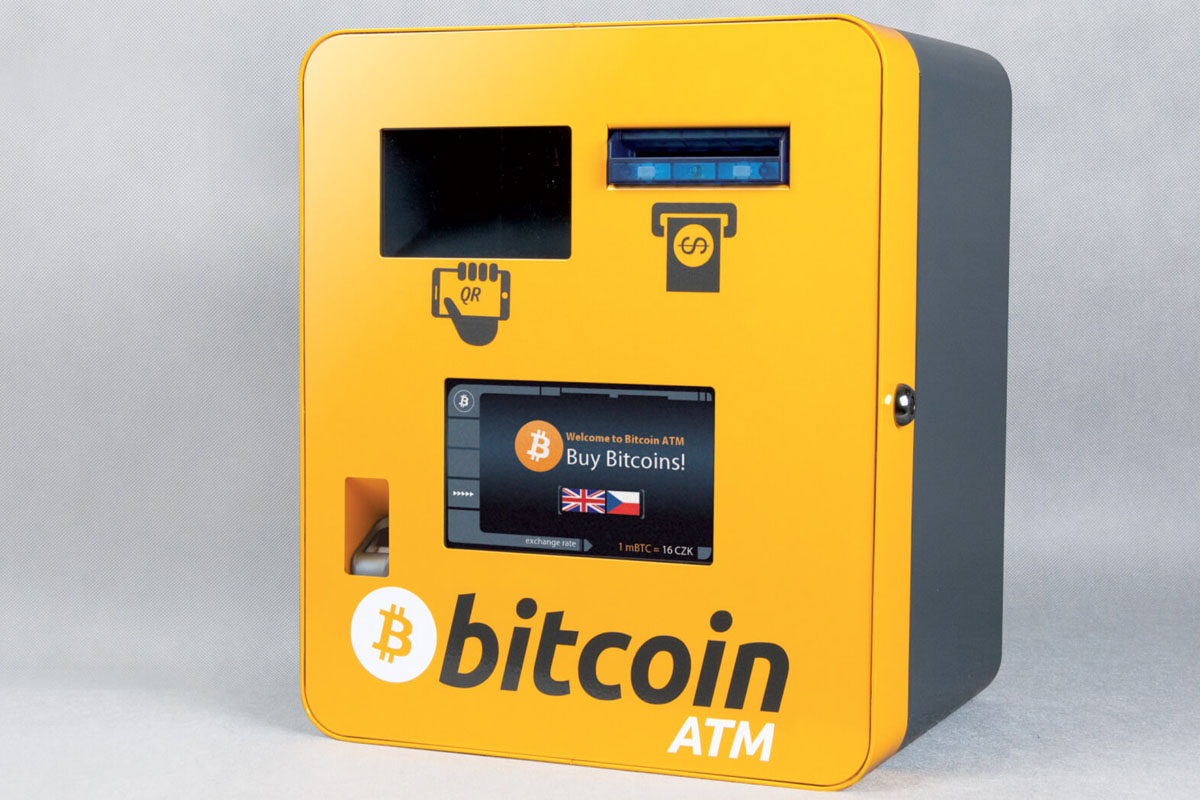Utah Senate Passes Bitcoin Bill, Omits tate Reserve Provision
Utah lawmakers approved a BTC bill after modifying it to eliminate a provision that would have allowed the state treasurer to invest in BTC.

Increased Regulatory Scrutiny: Australian authorities are intensifying oversight of crypto ATM providers due to concerns about their potential use in money laundering and other illicit activities.
Compliance Measures: New regulations may require crypto ATM operators to implement stricter identity verification processes and transaction monitoring systems to ensure compliance with anti-money laundering (AML) laws.
Broader Crackdown on Crypto Crime: The move is part of a wider effort by Australian regulators to address risks associated with the cryptocurrency industry, including unregulated activities and financial crime.
Australia is ramping up efforts to regulate cryptocurrency Automated Teller Machines (ATMs), highlighting their potential misuse in money laundering activities.
On December 6 2024, the Australian Transaction Reports and Analysis Centre (AUSTRAC) released a statement that the government agency is shifting focus to the crypto industry in 2025. With the surging adoption of digital currencies, these ATMs—allowing users to buy or sell cryptocurrencies—have garnered attention for innovation and risk. Regulatory bodies like AUSTRAC have flagged vulnerabilities in the systems that facilitate anonymous or semi-anonymous transactions, which could enable illicit financial activities.
This decisive action aligns with global trends as governments tighten control over crypto operations to curb money laundering, fraud, and other illegal activities. For Australia, the initiative reflects a broader strategy to ensure that financial innovations do not compromise national security or undermine the integrity of financial systems.
AUSTRAC CEO Brendan Thomas said, “Cryptocurrency and crypto ATMs are attractive avenues for criminals looking to launder money, as they are widely accessible and make near-instant and irreversible transfers.” He added, “This is the first step in AUSTRAC’s focus to reduce the criminal use of cryptocurrency in Australia. We will be focusing on this industry over the course of next year.”
While offering convenience and accessibility, crypto ATMs have been criticised for their potential to bypass traditional financial safeguards. These machines often operate without stringent Know Your Customer (KYC) or Anti-Money Laundering (AML) measures, making them attractive for criminals looking to obscure financial trails.
Recent investigations by AUSTRAC revealed gaps in how crypto ATM providers monitor and report suspicious transactions. Some machines allow cash-to-crypto transactions without robust identification checks, raising red flags. This has led to concerns about their exploitation in drug trafficking, tax evasion, and other illegal schemes.
A case study involving a Sydney-based operation showed that an unregistered crypto ATM was used to launder over AUD 2 million quickly. Such incidents underscore the need for stricter regulations to close loopholes that bad actors could exploit.
In response, the Australian government has outlined measures to tighten oversight of crypto ATM providers. Key initiatives include:
While these steps aim to deter misuse, they have sparked mixed reactions from industry players. Some crypto advocates argue over-regulation could stifle innovation and limit consumer access to decentralised financial tools. On the other hand, proponents of stricter controls emphasise that regulatory clarity is essential for fostering trust in the crypto ecosystem.
Representatives from the Australian Blockchain Industry Association (ABIA) have expressed willingness to collaborate with regulators to strike a balance between innovation and security. “We support measures that enhance the credibility of crypto services while preserving their transformative potential,” said an ABIA spokesperson.
The crackdown on crypto ATM providers signals a pivotal shift in Australia’s approach to crypto regulation. The government aims to create a safer and more transparent environment for digital asset transactions by addressing money laundering risks. However, the success of these measures will depend on their implementation and enforcement.
Striking the right balance between security and innovation is critical to ensuring Australia remains competitive in the global crypto landscape while safeguarding its financial system from exploitation. The move may also set a precedent for other countries considering similar regulations. As Australia takes the lead in tackling money laundering risks in the crypto space, its policies could influence global standards and shape the future of decentralised finance.
Utah lawmakers approved a BTC bill after modifying it to eliminate a provision that would have allowed the state treasurer to invest in BTC.
The new GOP bill follows congressional hearings on "Operation Chokepoint 2.0" and reflects bipartisan consensus to end debanking practices.
The Federal Prosecutor is investigating President Javier Milei's alleged involvement in Libragate and recover deleted social media posts.
The Albanese government does not intend to follow Trump’s decision to accumulate XRP, Solana, Cardano, ETH, and BTC reserves.